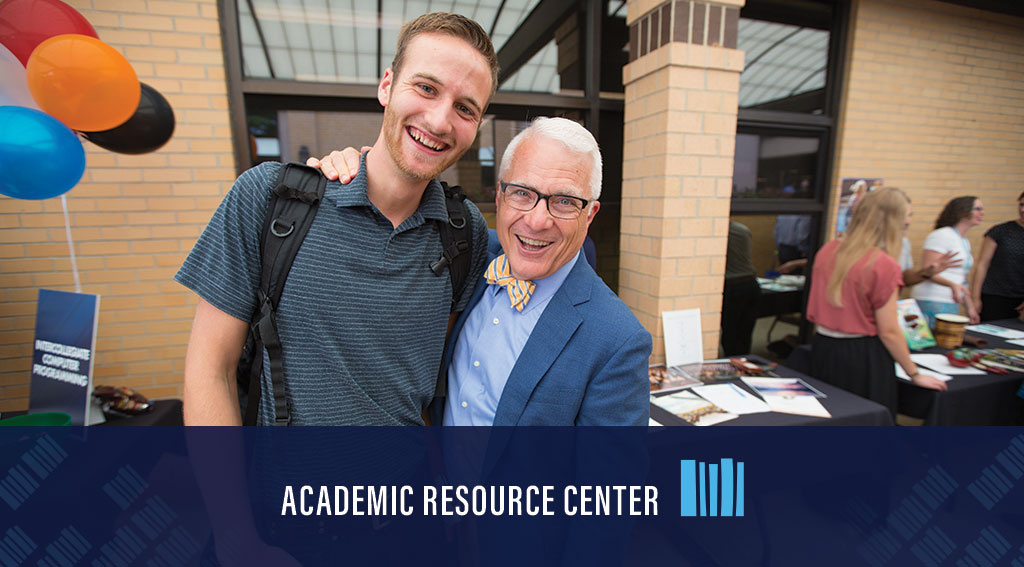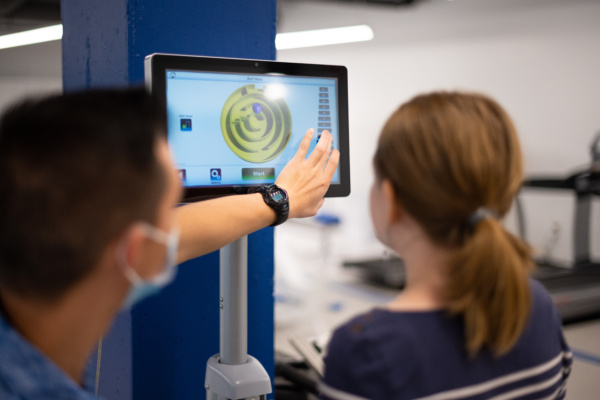In the mysterious land of Academia, an unusual species roams: the professors! Students like you and me see the individuals of this species on a daily basis. They teach; they talk; they grade; they take attendance. We learn; we listen; we get graded; we are (hopefully not) marked absent. I would like, however, to invite you to think about this question: “Is that all it takes to succeed?”
The answer is, “That depends!” What do you mean by success? An A (or B) in the class? Learning the subject for real? Successful career? Full preparation for what God calls you to do? Bringing God glory? It is possible, I would concede, to get an A just by passively listening in the classroom. However, as Matthew Sanders argues in his book, Becoming a Learner, “You cannot become excellent at anything by simply reading books and taking tests.” He proposes that to become an expert in any given subject, you need to build relationships with people who are experienced experts in the said field. Who are they? Remember the distinguished species we discussed at the beginning of this article? The professors! They are, and I say this respectfully, your best assets—and you paid bucks for them—are you getting the bang?
How can a relationship with the faculty help me?
A professional relationship with the faculty, built on mutual respect and appreciation, helps you in several ways:
Academically
Your teachers became your teachers for two reasons: their mastery of the subject, and their love of teaching and helping students. Most professors are willing to explain to students what they don’t understand; often they are even able to identify why you are not getting it and may give you suggestions on how to study more effectively. Those of you who are athletes or musicians understand how vital it is to receive feedback on your performance and instructions on how to improve. Would you not want your grader to be on your side? And they are on your side; your professor wants you to learn, not to fail. This relationship does not guarantee you an A—you need to earn that—but it does help you to better master the subject.
Career
Whether you are planning to go to grad school, or straight to work right after college, a significant part of the application is reference letters. Employers and the admission officers want to hear from someone who knows you. A letter from your professor saying that you got an A in his/her class is not enough; several members of admission boards of different institutions told me they are looking for words from someone who knows you personally and who can write a letter that defends your qualifications. And it is up to you to develop such a relationship with the faculty members. Otherwise, your professor probably won’t even remember enough about you to write a personal recommendation (if you are one of the three hundred students who never came to talk to them).
Personally
There is a saying that all things are temporary, but our relationships with others are lasting. You know, the mysterious species we talked about, the professors? They are human beings as well! Just as you say “Hi!” to the people you see on your way to class, it is important to acknowledge your teachers as fellow creatures and fellow believers. I am fortunate to have developed a few personal friendships with some of the faculty members. They are not just my mentors in chemistry, biology, English or physiology; they are my mentors in life. I share with them the struggles I am going through, and they encourage me and share with me what they learned from their experiences. I cannot guarantee that you will harvest similar relationships, but getting to know the Christ-loving professors at BJU will be a blessing to you and an encouragement to them.
So, how do I get to know my professor?
Well, here are a few tips:
- Don’t complain about your grade. Instead, change your perspective on how to learn better. (No, complaining won’t make you look better, and nobody enjoys listening to you complain.)
- Show them that you are doing your best to learn. (And actually, do your best to learn.)
- Ask for help when you need help. (But don’t ask for things that you would know if you actually did your reading or listened in class, please. Just do your reading and listen in class.)
- Engage by actively thinking, and interact by asking questions that show you are thinking about the discussion.
- Ask your professors about themselves and how their day has been, just like you would talk to anyone. Show them that you care. Ask them how you can pray for them. (I desire that you do genuinely care and pray for them, as Jesus called us to bear one another’s burden.)
- Show your appreciation by thanking them! (When I hold the door for someone, they almost always say thank you. There is no reason for us not to be thankful for people who spend their lives trying to help us to grow.)
- Don’t be afraid of being genuine, and share with them about who you are. (I know generally you want to keep things professional, but at BJU, we are (hopefully) also brothers and sisters in Christ. Most of the faculty I know do genuinely care about you, their student, and desire to be a blessing to you.)
I hope you are being encouraged by this article, and that these tips will empower you to foster lifelong relationships that will be a blessing to both you and your professors.
“A new commandment I give unto you, That ye love one another; as I have loved you, that ye also love one another. By this shall all men know that ye are my disciples, if ye have love one to another” (John 13:34–35).








